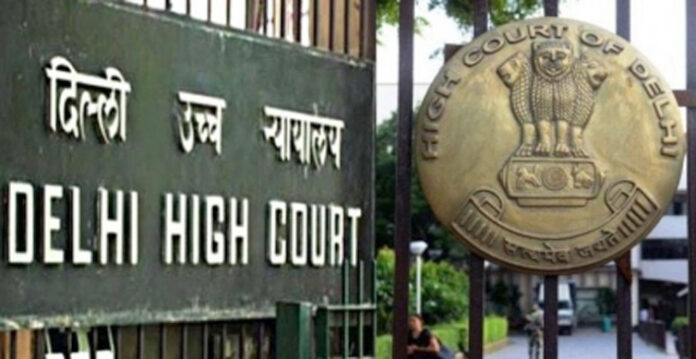In a significant legal victory for the Indian government, the Delhi High Court has quashed an international arbitration award that had dismissed government claims of ‘insidious fraud’ and ‘unjust enrichment’ against Reliance Industries Ltd. (RIL). The court’s decision marks a decisive moment in a long-standing legal dispute and was a result of the concerted efforts of the government’s legal team, led by Attorney General A.R. Venkatramani, with the support of former Attorney General KK Venugopal and under the guidance of Union Minister for Petroleum & Natural Gas, Hardeep Singh Puri.
This ruling has effectively dismantled the allegations of favoritism against the Modi government, reinforcing its commitment to transparency and fairness in governance. It also addresses opposition claims suggesting the government supports select business houses, reaffirming its dedication to upholding the rule of law in corporate governance and policymaking.
The case in question, Union of India vs. Reliance Industries Ltd. (RIL), involved a dispute over the Production Sharing Contract (PSC) executed between the Indian government and Reliance in 2000 for the exploration and extraction of natural gas from the Krishna-Godavari basin. The Ministry of Petroleum and Natural Gas alleged that Reliance had engaged in “unjust enrichment” by extracting and selling natural gas that had purportedly migrated from fields operated by state-owned ONGC to RIL’s adjacent block, leading to significant financial losses to the Indian exchequer.
Also Read: Reliance Industries to Acquire US Sensehawk for $32 mn
The Delhi High Court’s judgment, delivered on February 14, 2025, upholds the government’s claims and overturns a previous arbitration award made by an international tribunal in 2018, which had favored RIL. The tribunal had ruled in favor of Reliance, dismissing the government’s allegations. However, the Delhi High Court’s Division Bench, consisting of Justices Rekha Palli and Saurabh Banerjee, found the tribunal’s award to be “contrary to public policy” in India. The court’s decision not only reinforces the government’s claims but also marks a legal setback for RIL, potentially opening the door to further legal battles in Indian courts.
The Delhi High Court’s verdict highlights the importance of adhering to precise contractual language and effective arbitration processes in resolving disputes. The ruling serves as a key precedent in future cases involving government-corporate conflicts, emphasizing judicial independence in the face of powerful corporate entities. It is seen as a statement against crony capitalism and underscores the impartiality of the Indian legal system.
The government’s legal team, particularly Attorney General A.R. Venkatramani, played a pivotal role in defending the government’s position, showcasing the competence of India’s legal and political leadership. In contrast, the RIL legal team’s defense was seen as lacking, which contributed to the court’s decision.
This judgment not only strengthens the government’s position in the ongoing regulatory disputes within the oil and gas sector but also reassures investors about the integrity and transparency of India’s legal processes. By challenging the political narrative of favoritism toward industrialists, the ruling reinforces the credibility of India’s governance and corporate regulations, dispelling concerns about undue influence on the legal system.
The quashing of the arbitration award opens the possibility for fresh legal challenges concerning financial liabilities and resource allocation within India’s hydrocarbon sector. As the case progresses, it will likely continue to shape the discourse surrounding corporate governance and the role of the judiciary in corporate affairs in India.
(This story is sourced from a third-party syndicated feed. Raavi Media takes no responsibility or liability of any nature. Raavi Media management/ythisnews.com can alter or delete the content without notice for any reason.)


